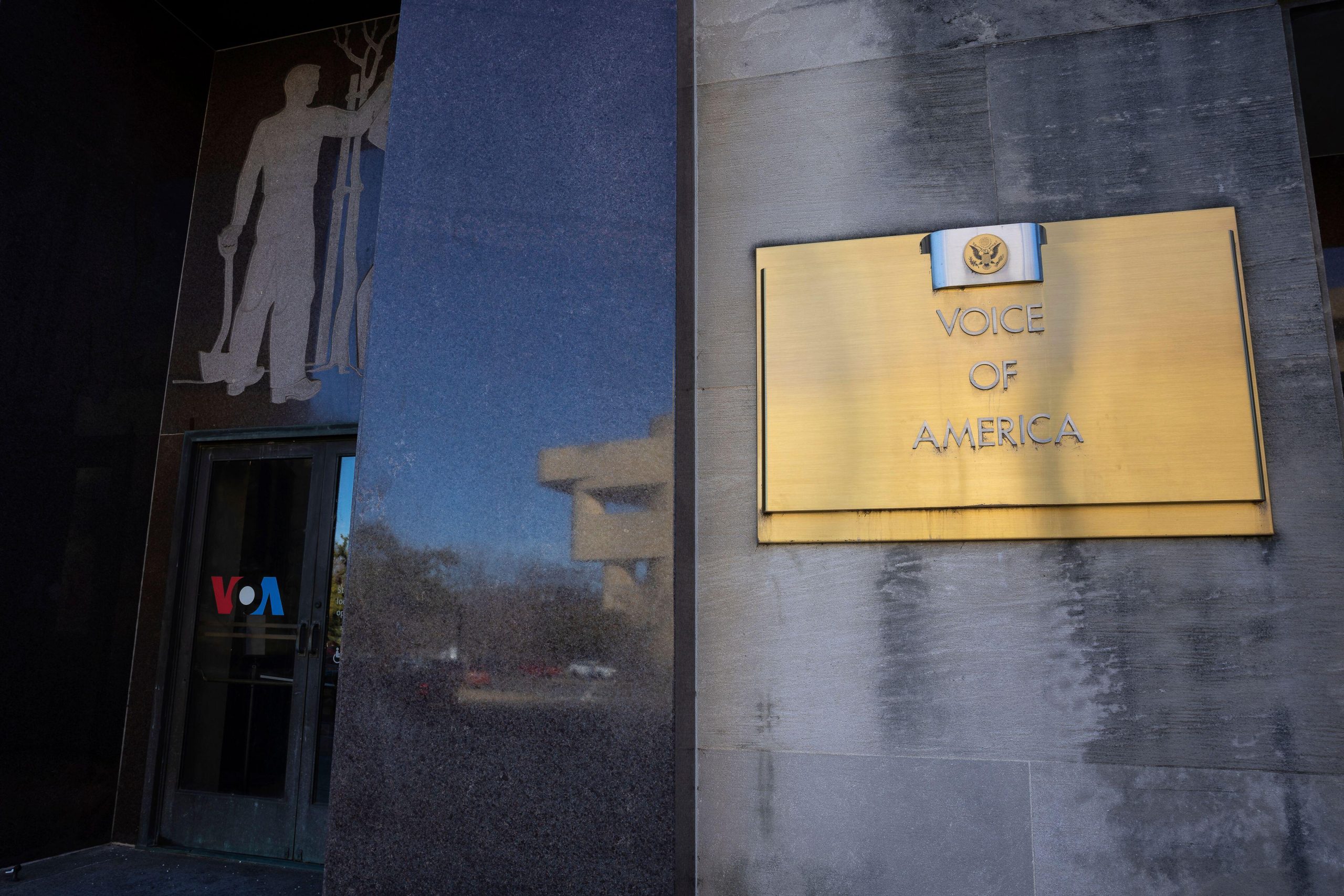
Selina Doğan
“Turkish police have cancelled all the journalists’ passports since July 15.”
This tweet landed in my timeline on Monday morning. The author was Selina Doğan, an opposition deputy and a lawyer.
Doğan, who belongs to Istanbul’s Armenian community, tweeted a follow-up on the case of my colleague, Hayko Bağdat, whose passport was seized at the border as he returned to Turkey.
I spoke to Doğan about the situation. She and her husband, lawyer Erdal Doğan, had insisted on knowing what really is going on with what they see as arbitrary restrictions on freedom of movement. She told me that “as a precaution” an unknown number of journalists’ passports were “cancelled”. A police officer told her that according to a government decree the police had to seize travel documents before sorting out who is under legal inquiry. Anyone “suspected” would have their travel documents taken away. “It is even more bizarre now,” she told me. “Each and every person is a priori suspect, and has to prove their innocence, instead of vice versa.”
Soon after my chat, another tweet: this time it was Eren Keskin, a well-known Kurdish columnist and lawyer, who is also co-editor in chief of pro-Kurdish daily, Özgür Gündem. “Everybody under the legal inquiry under Anti-Terror Law should check,” she wrote. “Thousands of passes cancelled. I had already a ban on travel abroad, now my pass cancelled. Thanks Turkey, I am a fan of your democracy :).”
What about a journalist who is now charged with lifetime imprisonment stemming from a single news report? Şermin Soydan, a Kurdish reporter, is just such a case. Soydan, who is with the pro-Kurdish DIHA news agency, was arrested 14 May for a story she wrote titled The Secret Document on Operation to Gever, which details the security operations in Yüksekova, in Hakkari province. The 21-page indictment, calling her story “so-called news”, now accuses her of “obtaining state secrets on security”, “jeopardising security forces’ abilities to combat”, “membership of a terrorist organisation” and “aiding and abetting a terror group”.
Out of 77 journalists affiliated with DİHA in total, 13 are in jail.
Meanwhile, the discontent of the opposition parties with the government’s emergency rule decrees is growing. The ruling Justice and Development Party (AKP) has issued three very restrictive decrees and, according to the main opposition Republican People’s Party (CHP), is blocking debates in parliament. The Turkish constitution spells out that under emergency rule decrees must be debated by parliament within 30 days of the issue. Some sources from the CHP told daily Cumhuriyet that they see clear signs from the AKP that it will call for a long recess of parliament, and, at best, a debate will take place in early October.
Given the militant language used by the AKP in Sunday’s mass rally in Istanbul and the growing concerns over the legislative body being paralysed, there is strong reason to remain skeptical about the sequences of events in Turkey.
A version of this article originally appeared on Suddeutsche Zeitung. It is posted here with the permission of the author.





